Annual Reports
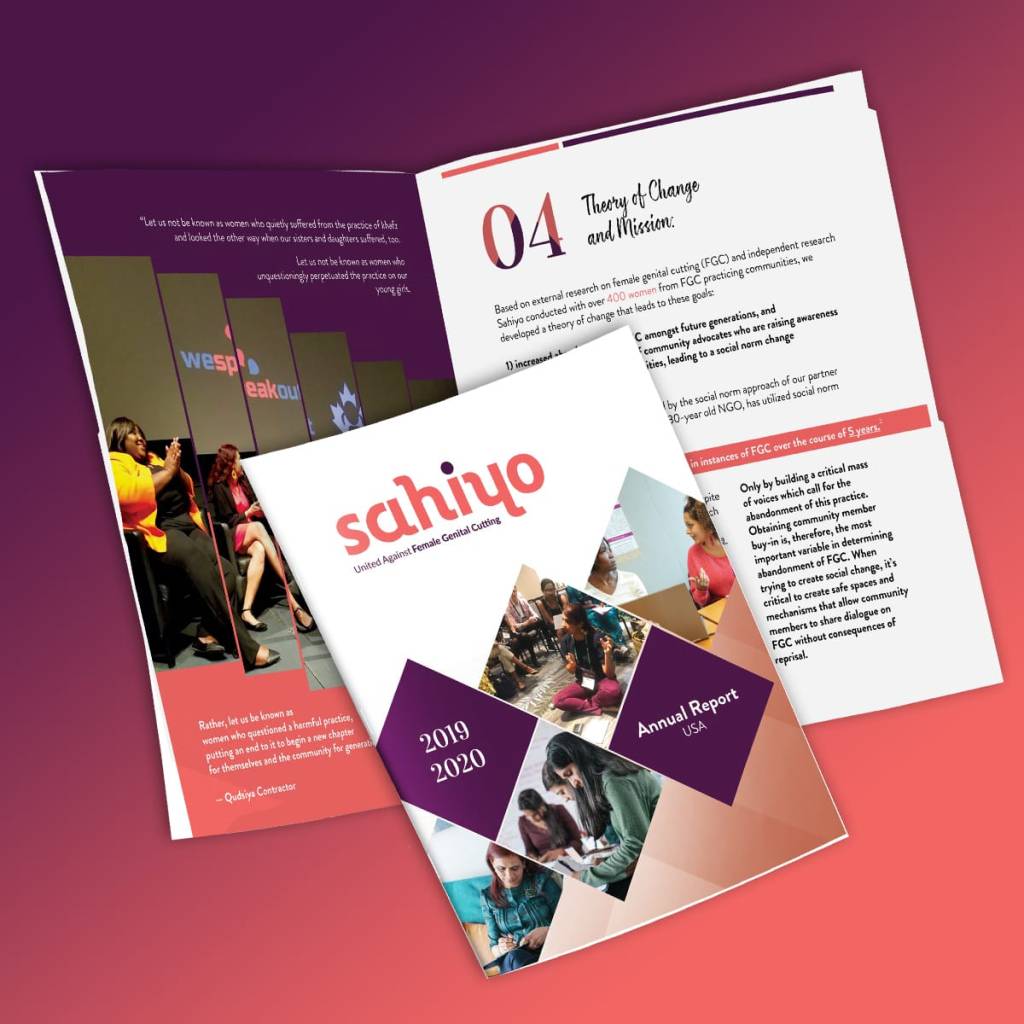
Annual Report: Sahiyo U.S: June 2019-June 2020 Throughout this past year, our programs have expanded to support larger numbers of women impacted by female genital cutting. Our Voices to End FGM/C project alone saw the creation of 37 new original digital stories stories. Running since 2017, the program involves survivors coming together to heal from their FGC experiences and create their advocacy videos. The program has received sizable number of participants from a diverse range of countries including the United States, India, Singapore and Zimbabwe.#MenToEndFGC, our Male Ally campaign is another one of our success stories from the past year. The campaign encouraged over 40 men across the globe – from Ghana and Kenya to multiple regions of India and the United States- to share stories via our various digital storytelling platforms about how FGC had impacted the women in their lives, including their wives, daughters, sisters, or female friends. Each participant made it clear that they were in ally in ensuring FGC ended for girls and women worldwide. All our work could not be completed without the wonderful support of our volunteers. And in this past year, we’ve grown our volunteer program by 70%, with 50 volunteers from over 9 countries. To learn more about our vital work this past year, please take some time to read the Annual Report. Thank you for being part of our journey.
Sahiyo Volunteer Spotlight: Programs Intern Cate Cox
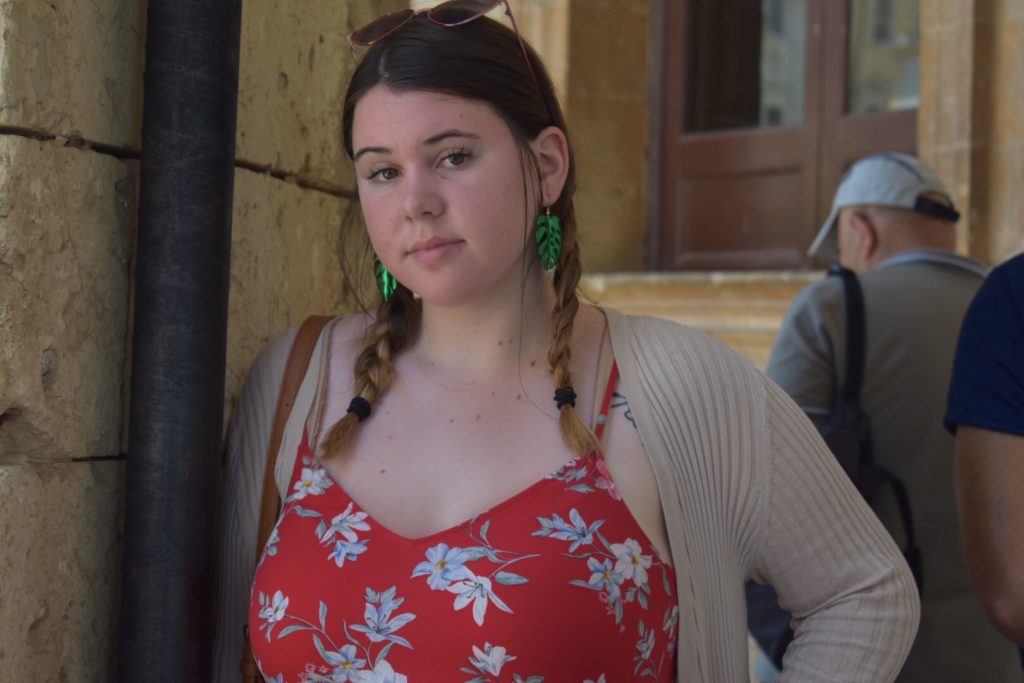
Cate is passionate about women’s rights and human rights and hopes to enter into those fields once she graduates from Simmons University, where she is studying International Relations, Economics, and Arabic. She is excited to work with Sahiyo to help uplift the voices of women everywhere. 1) When and how did you first get involved with Sahiyo? I was officially brought on to the Sahiyo team in late August as a programs intern. However, even before that, I’d had my eye on Sahiyo as I knew they were doing really amazing work globally. 2) What does your work with Sahiyo involve? As a programs intern my main focus is around planning and organizing Sahiyo webinars. This means I help coordinate speakers, create supporting materials, and anything else that comes up. I really love working in this capacity because it gives me such an in-depth understanding of the actual work Sahiyo is doing to create change. 3) How has your involvement with Sahiyo impacted your life? Aside from helping me develop my workplace skills, Sahiyo has really helped open my eyes to all the amazing people fighting for change across the world. Even in the few short weeks I have been working with Sahiyo, I have had the opportunity to meet so many inspiring activists and change-makers. Particularly in 2020, it can be easy to feel overwhelmed — and feel like nothing you do actually makes any difference. Having the opportunity to speak to so many amazing women reminds me that we actually do have the ability to create positive change in the world if we are willing to put in the work. 4) What words of wisdom would you like to share with others who may be interested in supporting Sahiyo and the movement against FGC? Remember to take care of your mental health. There are many different avenues for activism, from art to webinars to writing, activism comes in many forms. But regardless of its form, activism, particularly about subjects as difficult as these, can take a toll on your mental health. This isn’t to say don’t get involved — definitely do. But be willing to step back and rest every now and then. And remember to listen to your body.
Volunteer Spotlight: Programs Intern Hunter Kessous
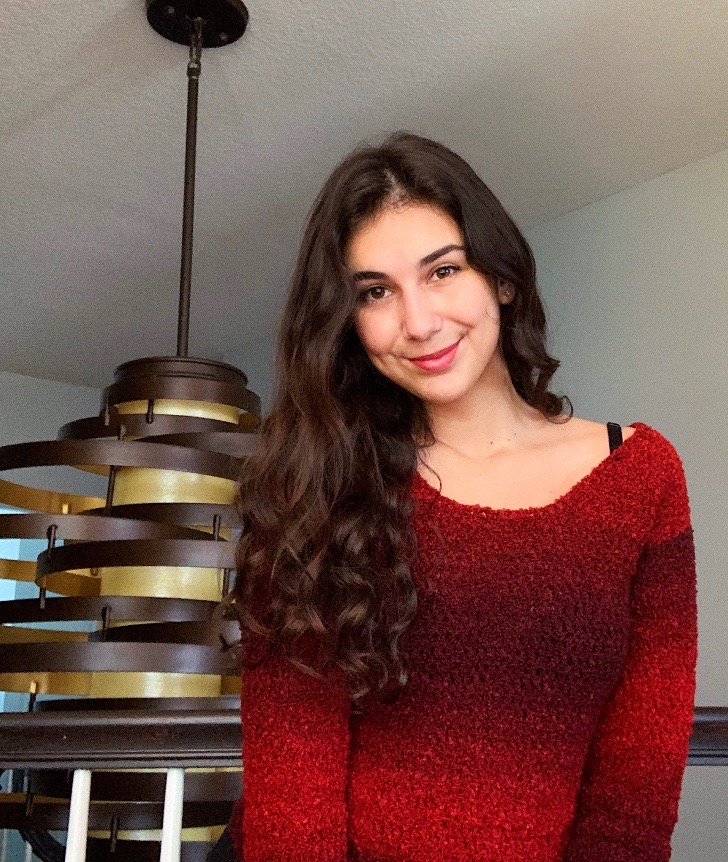
Hunter Kessous is currently an undergraduate at Brandeis University studying Biology, Health: Science Society and Policy, and French. She has been passionate about ending female genital cutting (FGC) ever since she first learned of the practice. Hunter aspires to be a gynecologist and perform reconstructive surgeries for survivors of FGC. Hunter is also a student researcher on an FGC project. She joined Sahiyo in May. When and how did you first get involved with Sahiyo? I first connected with Sahiyo when I reached out for help with my research project on the movement to abandon FGC. Mariya, one of the co-founders, asked if I would like to volunteer for the summer. When the pandemic started, I was worried I wouldn’t be able to get involved. I’m so grateful I’ve been able to work on the Sahiyo team remotely. What does your work with Sahiyo involve? I’m a programs intern, which means I am planning webinars. My big project at the moment is a webinar on FGC and education. The topic was inspired by my own experiences with how FGC is taught at my university. I also attend as many webinars as possible in order to learn what information is currently out there, and to see how other webinars are formatted. How has your involvement with Sahiyo impacted your life? Before my internship with Sahiyo, I read and learned a lot about FGC. Even still, in just the first month of volunteering, I have learned so much more than I anticipated. I’m eager to continue broadening my knowledge and understanding of FGC through my work with Sahiyo. I’ve also had the pleasure of meeting many wonderful anti-FGC advocates and survivors. The movement to abandon FGC consists of a close network, and I am thrilled to join the community and have the opportunity to work with so many inspiring people. What words of wisdom would you like to share with others who may be interested in supporting Sahiyo and the movement against FGC? For every moment you spend working with Sahiyo, you will feel that you are doing something important and worthwhile. You will meet empowering, wonderful people from inside and outside of the Sahiyo team that will make you feel supported and essential to the cause. I encourage anybody interested in joining the Sahiyo team to do so!
Sahiyo Volunteer Spotlight: Zahra Qaiyumi
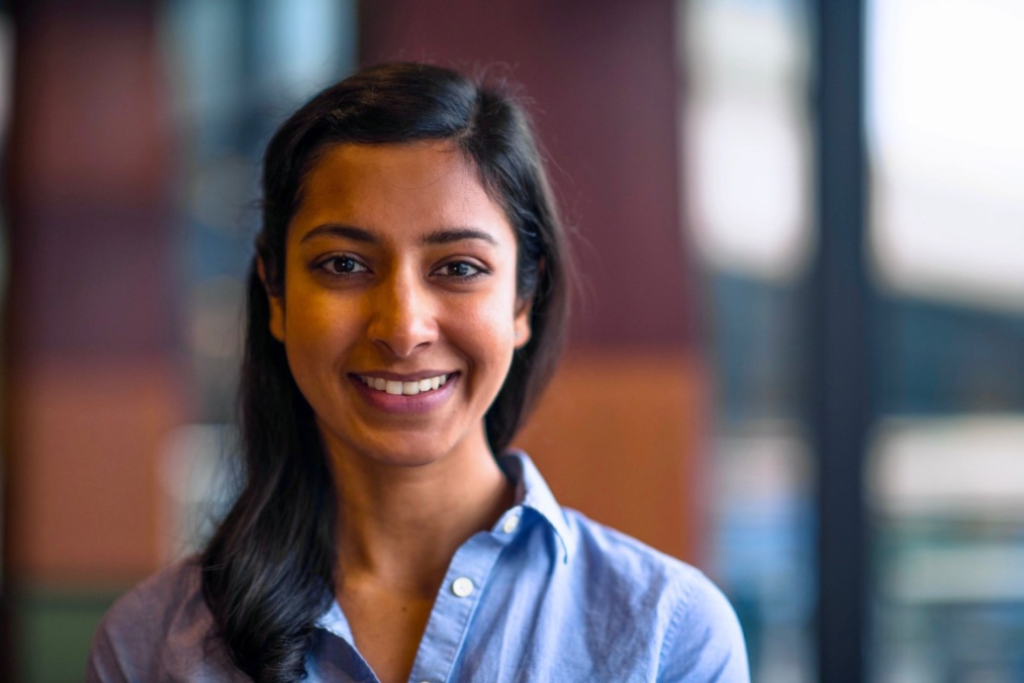
Zahra Qaiyumi completed her undergraduate education at The University of Maryland, studying Physiology, Neurobiology, and Spanish. Afterward, she pursued a Master’s degree in Physiology at Georgetown University. She then moved to the Bay Area and participated in neurobehavioral research while working with adolescents diagnosed with ADHD at the University of California San Francisco’s Neuroscape Center. Currently, she is in her third year of medical school at the Frank H. Netter M.D. School of Medicine at Quinnipiac University. 1) When and how did you first get involved with Sahiyo? I have been following Sahiyo’s work as an organization for many years, but decided to get involved in the fall of 2019 during what was a rough patch in my personal life for a few reasons, khatna, or female genital cutting (FGC), being one of them. 2) What does your work with Sahiyo involve? As a volunteer, I have written pieces interpreting research on FGC, as well as helped put together abstracts and posters in order to disseminate Sahiyo’s work to healthcare providers, survivors, social works, and law enforcement, among other groups. I hope to do more of this type of work with Sahiyo in the future. 3) How has your involvement with Sahiyo impacted your life? As someone who grew up in a community where FGC was the norm, my involvement with Sahiyo has been an integral part to self-actualization and healing. I joined Sahiyo at a time where I desperately needed allies who understood my personal struggles with FGC. Since joining, I have been able to use my personal experiences and integrate them with work that will positively impact my career as a healthcare professional. 4) What words of wisdom would you like to share with others who may be interested in supporting Sahiyo and the movement against FGC? Sahiyo has taught me that joining a community of peers that are just like you, that have been impacted by the same circumstances you have, can be healing in so many ways. Using experiences that are deeply personal to you in order to make change in the world, no matter how small, is liberating. I encourage anyone who is looking to feel such liberation to support Sahiyo in their goal to end FGC.
Voices Series: Why I believe in the power of storytelling

This blog is part of a series of reflective essays by participants of the Voices to End FGM/C workshops run by Sahiyo and StoryCenter. Through residential and online workshops on digital storytelling, Voices to End FGM/C enables those who have been affected by female genital mutilation/cutting to tell their stories through their own perspectives, in their own words. By Shabana Feroze I participated in the Voices To End FGM/C project by Sahiyo, where I also volunteer. What I really took away from participating in this project is the power of storytelling. In this project, videos are made from our past experiences with female genital mutilation/cutting (FGM/C). Each participant has a unique video. We would have weekly online workshops in which we were guided on how to tell our story and the next steps. When each of the participants would read out her unique take on their experience, I would get chills. It had so much of an impact, listening to what each survivor went through and how it had affected them. It was very educational as well, because we were taught the nuances of storytelling. I found that to be the most interesting part: all the details that make a story more impactful and holds interest. I loved how we had very strict guidelines about story and video length. I relate to all this because I’m a marketer by profession. I believe in the power of storytelling for brands and marketing campaigns, so this was a strong reassurance that I was on the right path. All the little things I learned about what makes a story powerful and what makes a story stay with you definitely helped me in my profession as well. I could apply that knowledge to my professional work. I also learned about teamwork and how step-by-step a big project comes to fruition. I’ve never worked on a project on an international level where the participants are all based in different countries and different time zones. Yet all of us came together and we did what was required of us, thanks to the effort and patience of Mariya and Amy, our facilitators. I’ve gained so much from participating in this project, more than I expected. I hope that our voices reach the highest levels and help to create change to stop this tradition. [youtube url=”https://youtu.be/opcDXe4tsBk”] Learn more about the Voices project here.
Volunteer Spotlight: Mariam Sabir
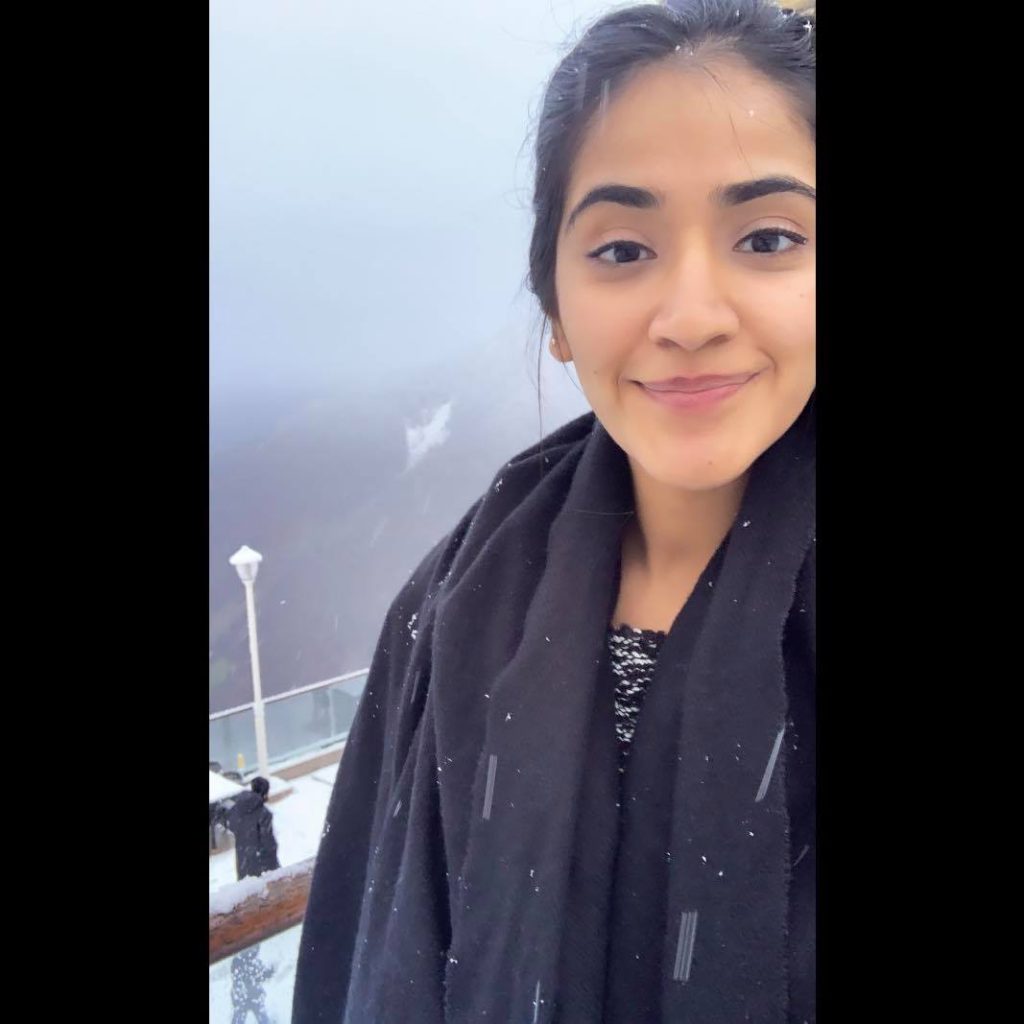
Mariam Sabir was born and raised in Dubai. After completing high school, she moved to the U.S. for further education. She is currently in her third year of medical school at American University of the Caribbean School of Medicine. Her passion is medicine and she believes in having a tangibly positive influence on people and being there for them in their most vulnerable state. 1) When did you first get involved with Sahiyo? This is actually a great story. I first heard about Sahiyo from a friend and was determined to attend the activist retreat. Alas, I had to work the very same weekend of the retreat and was terribly upset. I filled out a volunteer application in an attempt to get more involved. I am a medical student and was placed in Bakersfield, California, at the time for clinical rotations. Soon enough, I get an email from Mariya Taher, cofounder of Sahiyo, that she is from Bakersfield and was going to be visiting within the next two weeks. I was floored! What are the chances? We met and clicked right away. She has done so much for the cause and has inspired me to do the same. Having to miss the retreat only to meet with the cofounder of Sahiyo instead proved that joining Sahiyo was the right thing for me to do. God has a way of making things work. 2) What opportunities have you been involved with at Sahiyo? So far, I have been involved with a FGM/C roundtable conference in MA, written a blogpost, contributed to our knowledge about FGM/C by reading and summarizing important articles about FGM/C, as well as contribute ideas and ways to improve and expand Sahiyo. 3) How has your involvement impacted your life? Prior to being involved, I always felt this suppressed stress/urge to do something about FGM/C. Although, I have not contributed in a big way, being involved with Sahiyo and having open discussions with all the volunteers has put my conscience at ease. Sahiyo has several different ongoing projects in which you can use whatever skill set you have to contribute in any small way. It is the collective effort of everyone’s small contributions and their passion that has allowed Sahiyo to reach where it is and where it will be in the future. I am so happy to be a part of that growth! 4) What pieces of wisdom would you share with new volunteers or community members who are interested in supporting Sahiyo? Spreading awareness is the most important thing for me. So my piece of wisdom would be to never shy away from discussing FGM/C with someone, whether it is your mom, aunt, cousin or friend. I understand it can be a daunting task, especially if the person you are trying to speak to is strong minded and conservative. But remember, it is not your job to change their mind or have them agree with your opinion. Your job is to simply make them question the tradition. Question the fact that maybe FGM/C, a tradition that has been followed for decades, needs to be reevaluated. Sahiyo has plenty resources you can use on how to approach the subject in the most polite, un-opinionated and non-judgemental manner.
Volunteer Spotlight: Sakina Sharp
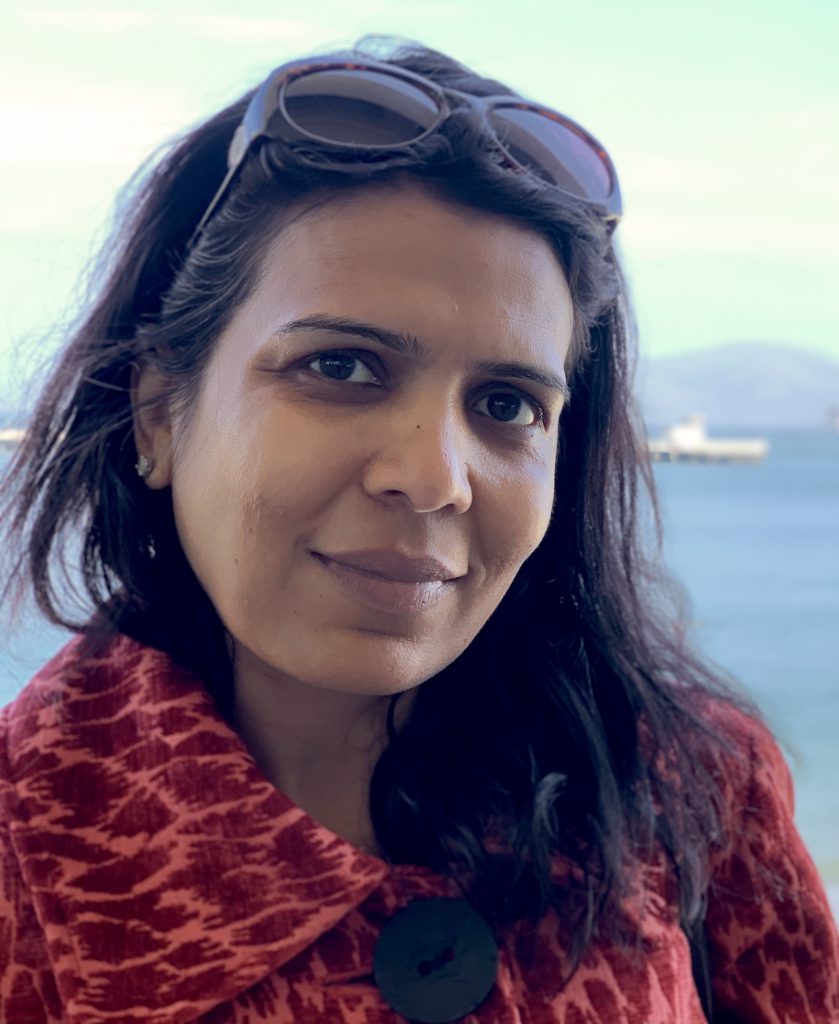
Sakina Sharp is a corporate attorney and co-founder of a domestic violence organization in San Antonio. Sakina is vice president and managing attorney at USAA, which is a financial services company. She has been a practicing in-house attorney for 20 years, specializing in insurance regulatory law and consumer privacy. Approximately 8 years ago, she co-founded a nonprofit in San Antonio, Awaaz, to serve South Asians who are survivors of domestic violence. She served on the board for 7 years. She recently joined Sahiyo as a volunteer. 1) When did you first get involved with Sahiyo? Early this year, I discovered Sahiyo when searching for an organization that advocates against female genital mutilation/cutting. This issue has been on my mind for decades and at the same time, it was hidden under the surface. I did not know, realize or understand that there were so many other Bohri women who felt the same way I do, and were doing something about it. I found Sahiyo on Facebook, and was taken aback. I felt like I found a forum to express my hidden story. I wanted to share my experience, and I thought getting involved with Sahiyo would be a way to do it. My first involvement was attending the annual retreat. The conversations in the retreat were very powerful. They helped me process my own experience. I had a hidden story inside me for many decades. The retreat allowed me to express it and then verbalize it into a blog. 2) What opportunities have you been involved with at Sahiyo? I attended the annual retreat a few months ago. The experience was impactful. Since then, I volunteered to be the newsletter coordinator. I also draft the legislative and regulatory updates, allowing me to apply my legal training to my volunteer work. 3) How has your involvement impacted your life? My involvement has helped me express myself and feel part of a bigger cause. I feel like I do my little bit to give a voice to an important gender-violence issue, which I personally have not been able to express in public. Perhaps if each one of us does our bit, we can encourage just another person to speak up, and then that person encourages another, and we eventually make a systematic change. 4) What pieces of wisdom would you share with new volunteers or community members who are interested in supporting Sahiyo? Sahiyo provides a very safe place to advocate against FGM/C. Each of us can volunteer in our own ways. We can be private advocates, talking to our family members and friends, or pubic advocates, talking to the larger community by attaching our names to our stories. Whatever we want to do, whenever we want to do it, Sahiyo is there to provide the tools we need to tell our stories. And, if we just want to listen, and do it anonymously, Sahiyo provides a venue for that as well. My advice is to reach out as you are not alone.
Sahiyo’s New Video Campaign: No More Female Genital Cutting -Volunteers Share Their Stories
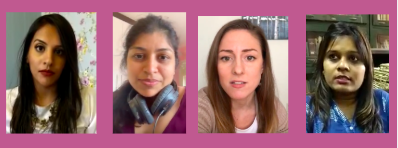
As April is known as Sexual Assault Awareness month, as well as a National Child Abuse Prevention Month and Female Genital Cutting (FGC) is an issue which lies at the pivotal intersections between these two issues, Sahiyo has begun a campaign to highlight why the Sahiyo community is working to both support survivors of FGC as well as to work towards preventing FGC form occurring to future generations of girls. Sahiyo reached out to our community of volunteers- spanning the globe, from Bahrain to Boston, and asked them to share their thoughts on their activism to end FGC, and why this issue matters to them. Throughout the month, short videos made by our Sahiyo community will be shared via social media. These voices belong to our volunteers, staff, advisory board and storytellers, each of whom has a different history and experience or knowledge of FGC – from beginning volunteers to more experienced advocates Do help us share this tapestry of powerful voices that are part of the ‘No More FGC- Volunteers Share Their Stories’ campaign by sharing these videos with your own networks. Find them on Sahiyo’s Youtube or Facebook today!
Intern Spotlight: Sahiyo editorial intern Jenny Cordle
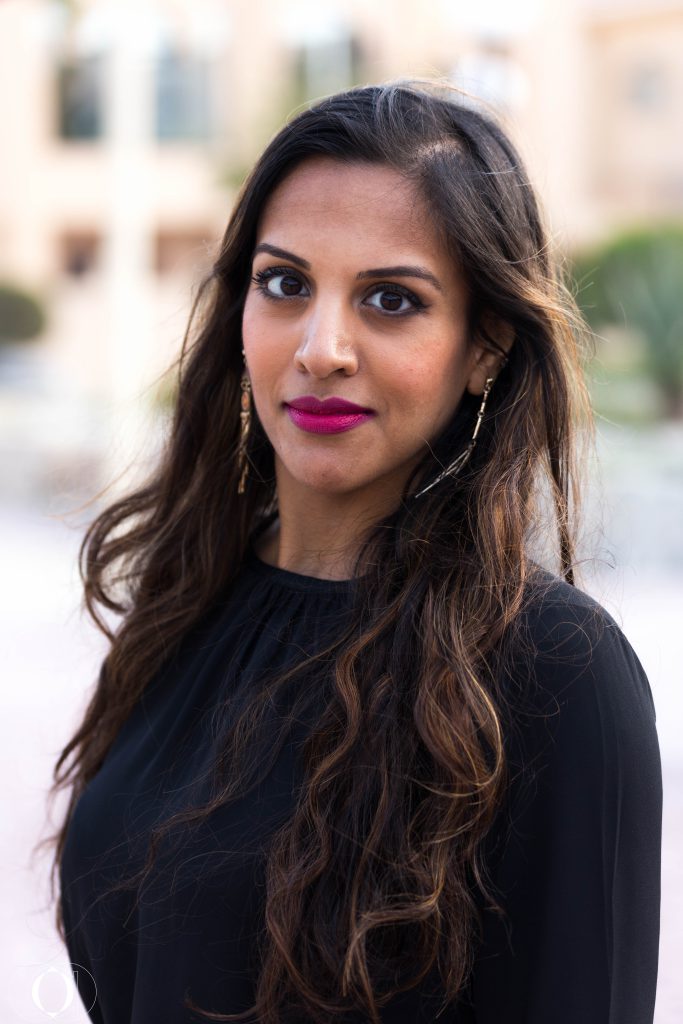
Jenny Cordle joined Sahiyo’s team as an editorial intern in October 2018. She is currently researching the intersection of maternal and child health, traditional healing and spiritual beliefs in Northern Ghana through Georgetown University for her Master’s of Science in Global Health. Jenny’s passions include documenting human rights issues through photography and nonfiction writing. In 2016, she received a Certificate in Documentary Photography and Nonfiction Writing from Duke University’s Center for Documentary Studies, with her work focusing on female genital cutting in Mali, West Africa. She worked as a communications associate for Tostan. Read about Jenny’s experience with Sahiyo below: 1) When and how did you first get involved with Sahiyo? I became an editorial intern in October of this year. I learned about Sahiyo’s work through a network of people in Washington, D.C, working to encourage abandonment of female genital cutting. 2) What does your work with Sahiyo involve? I have the honor of honing the voices of many who share their experiences on the blog with FGC through storytelling and editing. 3) How has your involvement with Sahiyo impacted your life? I have been on a journey to work in some capacity on FGC as a human rights issue since I lived in a small community in Mali, West Africa, where girls were cut. Sahiyo has given me that opportunity. I have been writing about my time in Mali and I will get to share those stories through Sahiyo’s platform, which is an honor. Working with Sahiyo has been an educational experience that has taught me more about FGC in Asian communities. It has also connected me to a network of tireless human rights activists. 4) What words of wisdom would you like to share with others who may be interested in supporting Sahiyo and the movement against FGC? Sahiyo is an incredible organization with dedicated global advocates. Don’t hesitate to reach out if you have an interest in human rights advocacy. We need as many passionate people as possible to speak out in support of ending FGC. Check out our website on ways to get involved!
Sahiyo Volunteer nominated for The Global Woman Student Ambassador Award
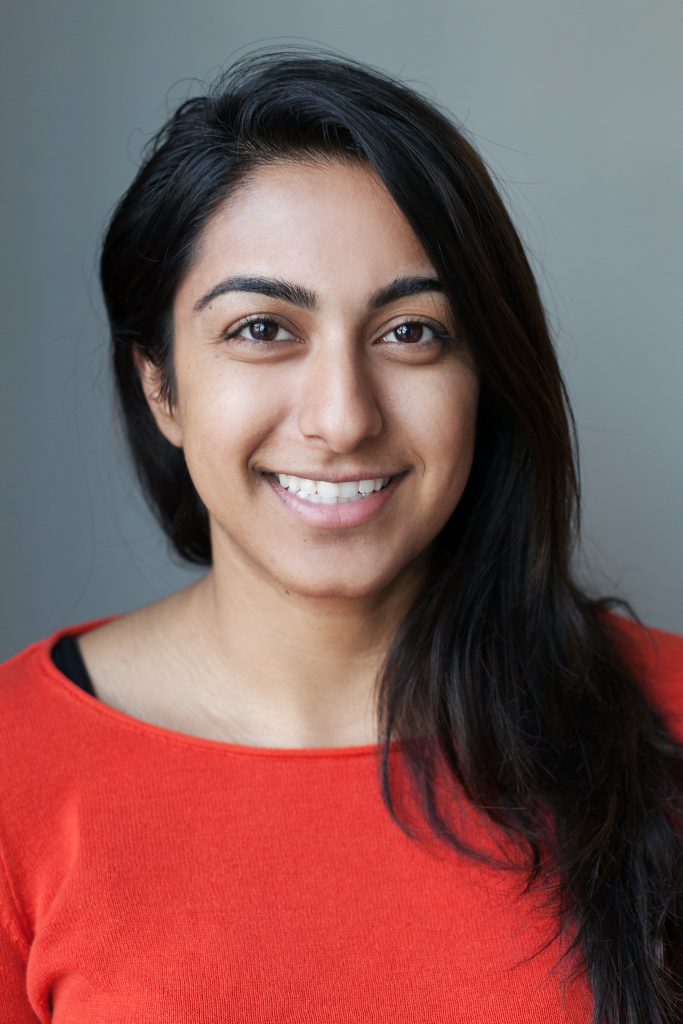
Sahiyo’s Maria Akhter has been nominated to receive the Global Woman Award in the “Student Ambassador” category, on Friday, October 26, 2018, in Washington, D.C. The awards are given by the Global Woman P.E.A.C.E. Foundation to people who do a great deal to protect girls and women from various types of violence, including FGC. The Global Woman P.E.A.C.E. Foundation is a 501c3 non-profit organization, located in the Washington, D.C. with the mission to empower women and girls through education to help eradicate gender-based violence, with a primary focus on the campaign against female genital mutilation (FGM). In October 2015 the organization launched the Global Woman Awards, to recognize the exceptional work of individuals in the advocacy of the empowerment of women and girls. Click here to learn more about the Global Woman Awards and the annual 5K Walk Against FGM organized by the Global Woman P.E.A.C.E. Foundation.
